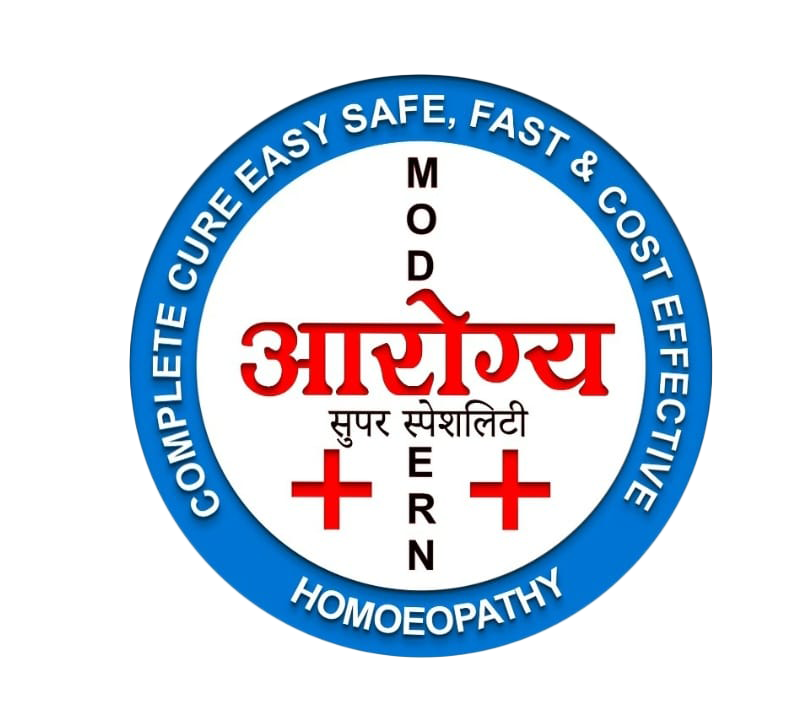
Introduction
Homeopathy is a system of alternative medicine that uses highly diluted natural substances to treat various ailments. While homeopathy is often associated with general wellness and common ailments, it can also be used to address Ear, Nose, and Throat (ENT) conditions. This article will discuss the use of homeopathy in treating ENT conditions, including the principles of homeopathy, commonly used remedies, and the effectiveness of homeopathy in treating ENT conditions.
The Principles of Homeopathy
The basic principle of homeopathy is that the substance that causes a symptom in a healthy person can also be used to treat that symptom in a person who is ill. This is known as the "law of similars," and it forms the foundation of homeopathic treatment. The remedies used in homeopathy are highly diluted and are believed to stimulate the body's natural healing process.
Homeopathy is a holistic approach to healing that takes into account the whole person, including their physical, emotional, and spiritual well-being. A homeopath will typically spend a significant amount of time with a patient, discussing their symptoms, medical history, and overall health to determine the best course of treatment.
Commonly Used Remedies
There are many different homeopathic remedies that can be used to treat ENT conditions. Some of the most commonly used remedies include Pulsatilla, Mercuriussolubilis, and Kali bichromicum.
Pulsatilla is a commonly used homeopathic remedy for ear conditions such as ear infections and earaches. It is made from the extract of the Pulsatilla plant, and is used to treat symptoms such as ear pain, discharge from the ear, and a feeling of fullness in the ear.
Mercuriussolubilis is a commonly used homeopathic remedy for throat conditions such as sore throat and tonsillitis. It is made from the extract of the element mercury, and is used to treat symptoms such as soreness, redness, and swollen glands in the throat.
Kali bichromicum is a commonly used homeopathic remedy for nasal conditions such as sinusitis and nasal congestion. It is made from the extract of the element potassium dichromate, and is used to treat symptoms such as nasal discharge, difficulty breathing, and headaches.
Effectiveness of Homeopathy
The effectiveness of homeopathy in treating ENT conditions is a topic of ongoing debate within the medical community. While some studies have suggested that homeopathy may provide relief from symptoms, others have found little to no benefit.
It is important to note that homeopathy should not be used as a replacement for conventional medical treatment for serious or life-threatening conditions. It is important to consult with a qualified homeopath or healthcare professional before starting any homeopathic treatment.
In conclusion, homeopathy offers a holistic approach to treating ENT conditions by addressing the specific symptoms of the condition and using highly diluted natural substances. However, more research is needed to understand the effectiveness of homeopathy in treating ENT conditions. It is important to consult with a qualified practitioner before starting any homeopathic treatment and not to use it as a replacement for conventional medical treatment.
Conclusion: Homeopathy is a system of alternative medicine that uses highly diluted natural substances to treat various ailments. While homeopathy is often associated with general wellness and common ailments, it can also be used to address Ear, Nose, and Throat (ENT) conditions
